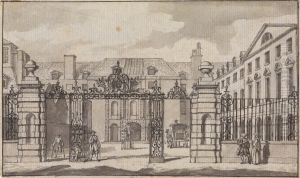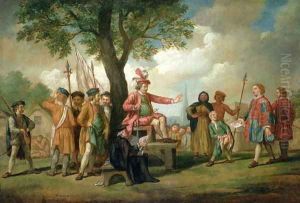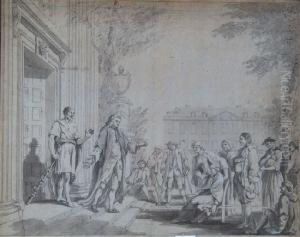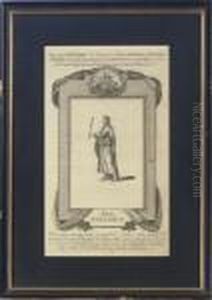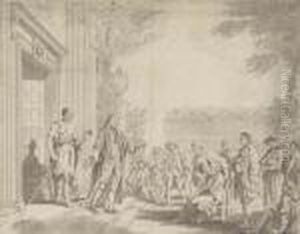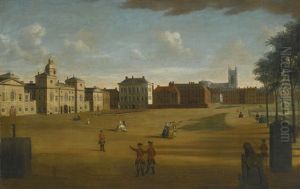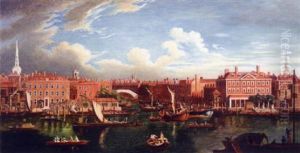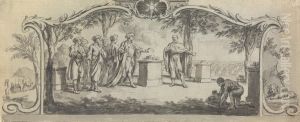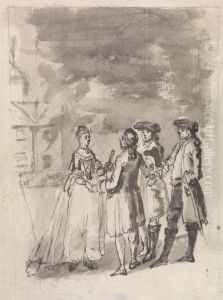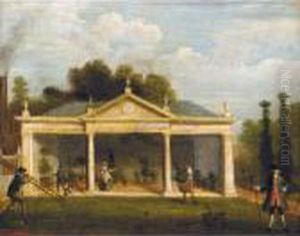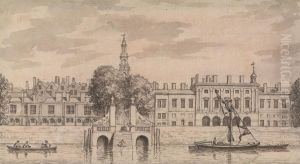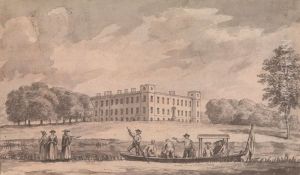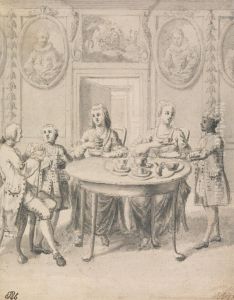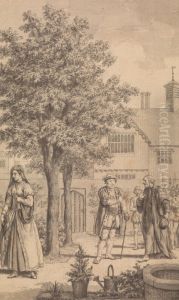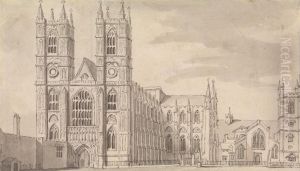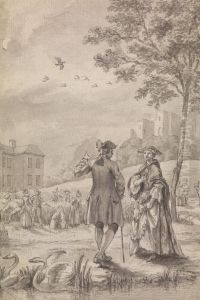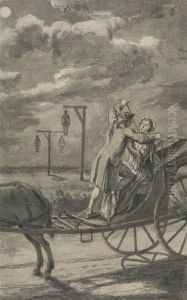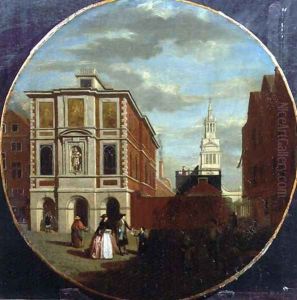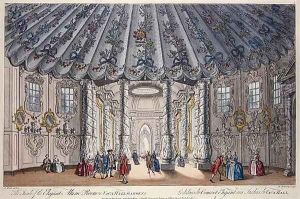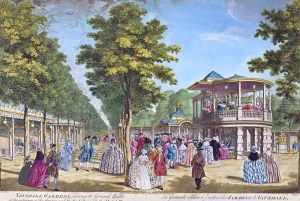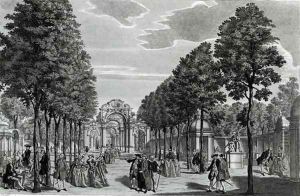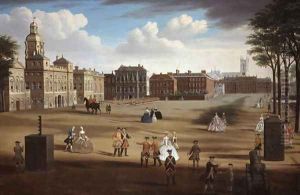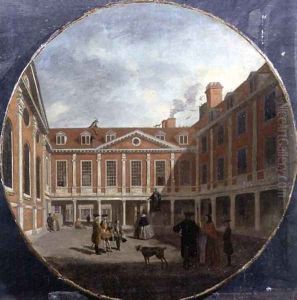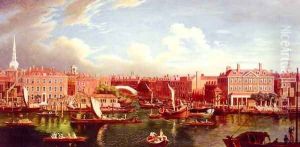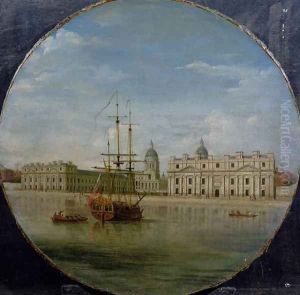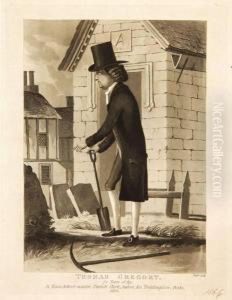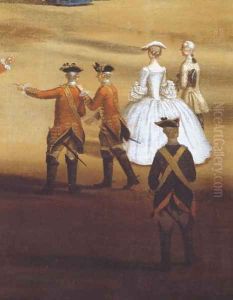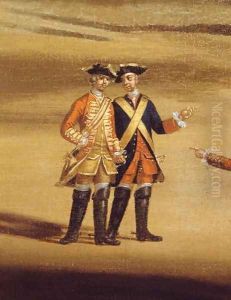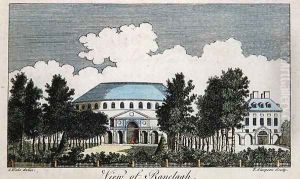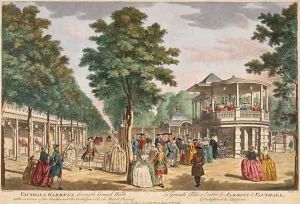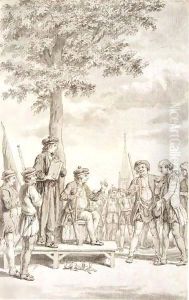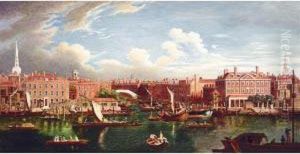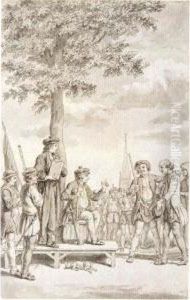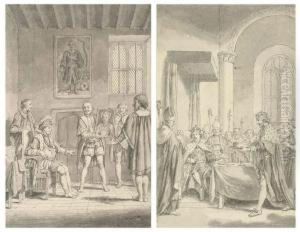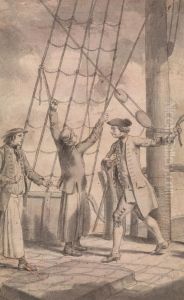Samuel Wale Paintings
Samuel Wale was an English historical painter and illustrator, born in 1721, who became an influential figure in the art scene of the 18th century. Wale was educated in London, where he began his career as an artist. His talent soon garnered attention, and he became a founding member of the Society of Artists in 1760 and was subsequently elected as its first president.
Wale's artistry was primarily focused on historical and literary subjects, and he was known for his adept use of classical and allegorical motifs. Despite the lack of surviving works attributed to him, Wale's reputation as an illustrator was notable, and he contributed to the production of several books, including a 1762 edition of Virgil’s 'Aeneid' and other works that required detailed engravings.
In 1768, Samuel Wale was appointed as one of the original associate members of the Royal Academy of Arts, an institution that played a pivotal role in the establishment and promotion of the arts in Britain. As an academician, Wale contributed to the Academy's exhibitions, though his exhibition history is not as well-documented as some of his contemporaries.
Apart from his paintings and illustrations, Wale is also remembered for his role as a teacher. He had a significant impact on the next generation of artists through his position as a professor of perspective at the Royal Academy, a post he held from 1768 until his death.
Samuel Wale's death in 1786 marked the end of a career that had a lasting influence on British art, particularly in the realm of historical painting and book illustration. His legacy is preserved through his contributions to the Royal Academy and the works he left behind, which continue to be studied and appreciated for their historical significance and artistic merit.
